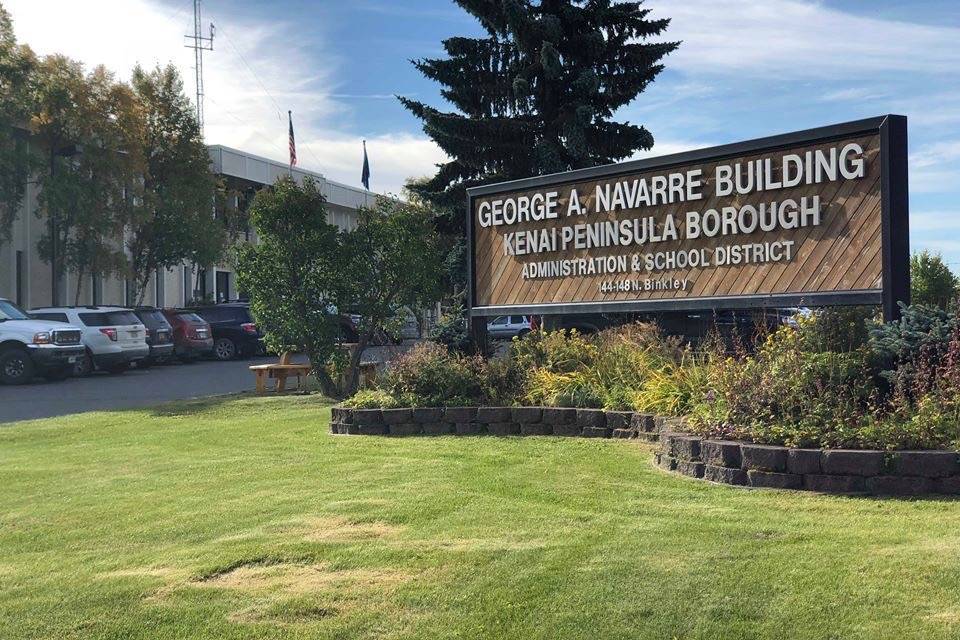Members of the peninsula hospitality industry spoke out against a proposed bed tax at Tuesday night’s Kenai Peninsula Borough Assembly meeting.
Before taking public comment, the assembly postponed the vote for two weeks, to gather more input from municipalities within the borough.
The 12% bed tax, introduced at the May 7 assembly meeting, would affect temporary lodging, including motels, hotels and bed and breakfast businesses, across the borough. The tax would generate more than $1 million in additional revenues in FY 2020, and over $4 million in the next two fiscal years, according to estimates included in the ordinance. The ordinance would exempt temporary lodging rentals from the general sales tax rate and instead would levy a maximum bed tax of 12%.
The bed tax, similar to ones defeated by the borough assembly in 2017 and 2018, is being proposed to close budget shortfalls facing the borough.
“Due largely to the state’s current economic crisis and proposed reductions of state funds to local governments, the borough is currently facing a budgetary shortfall estimated to be substantial,” Assembly Vice President Dale Bagley wrote in an April 25 memo to the assembly.
In his memo, Bagley said thousands of visitors traveling to the Kenai Peninsula contribute to the economy, while also creating a large demand on borough services.
“These additional sales taxes would be used to support education,” Bagley’s memo said. “They would also make other revenues available for services funded by property taxes and help to sustain the general fund.”
Several residents said they wished the tax money would go to support the tourism industry in some way.
“If we’re being taxed for something, we should see a benefit on that tax,” Marcia Kuszmaul, owner of Juneberry Lodge in Homer and president of Homer Bed and Breakfast Association, said.
Members of the hospitality industry often spoke passionately against the tax during the ordinance’s public hearing, saying the ordinance unfairly targets an industry already exempt from the borough’s general sales tax cap.
“To single out the largest property taxpayers is blatantly unfair,” Mike Warburton, owner of Ocean Shores in Homer, said.
Many residents were frustrated with the timing of the ordinance, which is being discussed during what is peak season for most of the hospitality industry.
“Here we are in June, we’re all trying to get ready for our season, we’re all trying to train employees,” Adriene Sweeney, owner of the Driftwood Inn in Homer, said. “Most of us work 12 to 18 hours a day during the summer. We are exhausted and tired of this.”
The ordinance would need to be passed by August to make it on the ballot for the next borough election, scheduled for Oct. 1. If the tax is approved by both the assembly and the voters, it would take effect April 1, 2020.
Duane Bannock of the Uptown Motel in Kenai spoke in support of including RV and tent sites in the ordinance.
“Our customers have a high probability of eating in restaurants, not hot dogs brought from Costco — and drinking in bars, not drinking bottles of beer brought from Costco,” Bannock said. “The Uptown Motel is not a hundred percent opposed to tax collection. We do however remain opposed to this ordinance as written.”
In Alaska, 49 cities and boroughs have a bed tax, ranging from 4% to 12%.
Only one resident spoke in support of the bed tax. Don St. John said he doesn’t own a lodge or bed and breakfast.
“I am 110% for it,” he said. “I think its half what it should be. Twenty four percent sounds great. All the damn tourists are paying for it, so let’s get some money in the borough and help pay for our budget.”
Another public hearing on this ordinance will take place at the June 18 meeting.

